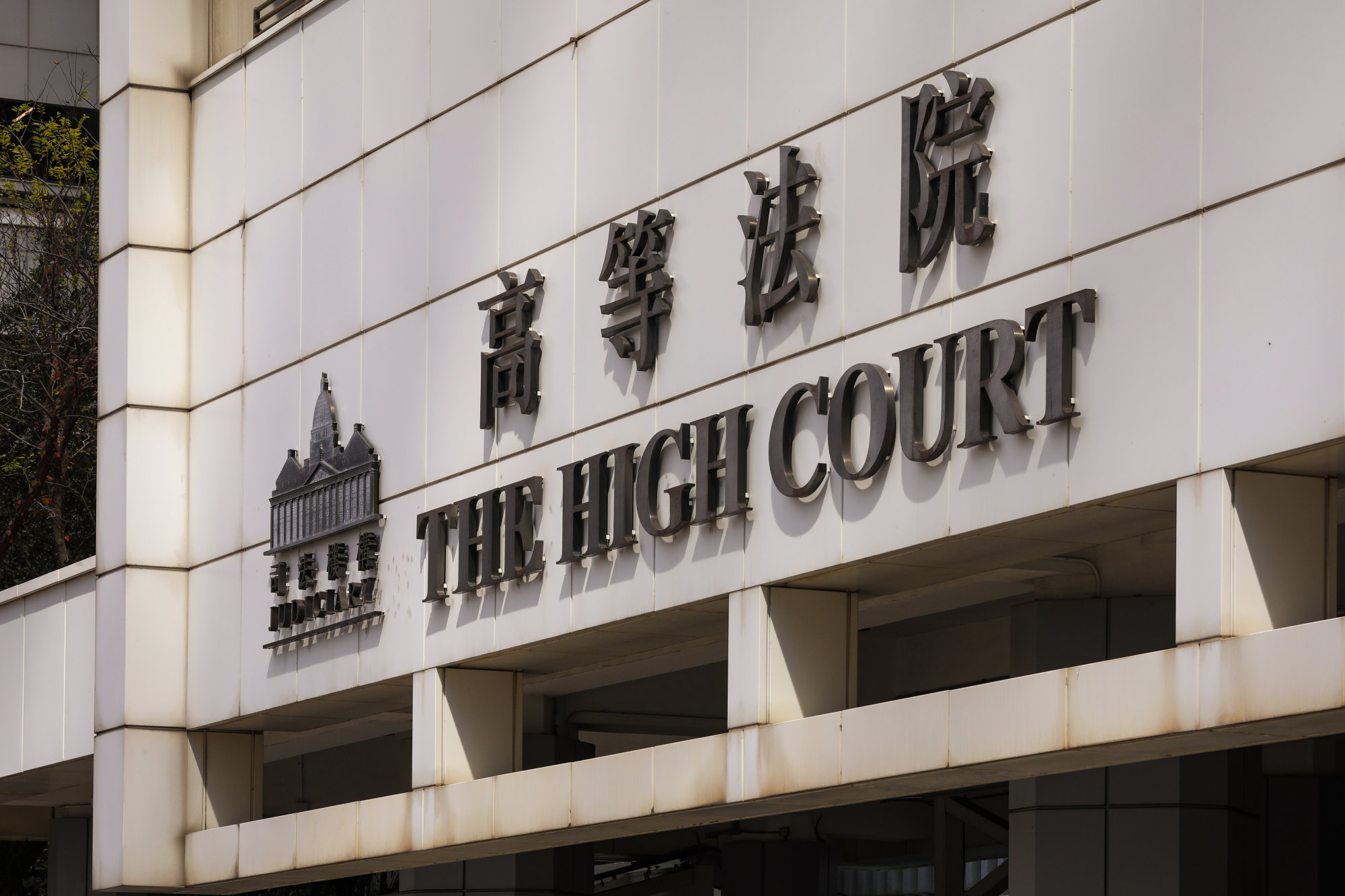
Hong Kong court declares HK01 founder Yu Pun-hoi bankrupt over HK$470 million debt
- High Court issues bankruptcy order against Yu, who is board chairman of delisted Nan Hai Corporation, over his failure to repay investment bank CCB International Overseas
- Pippen Limited, which is under Yu’s control, was slated to repay HK$384 million in four years’ time, with debt ballooning to about HK$470 million
A Hong Kong court has declared merchant and online news portal HK01 founder Yu Pun-hoi bankrupt after he defaulted on a HK$470 million (US$60.1 million) debt owed to a mainland Chinese investment bank.
Nan Hai is the parent company of HK01. A senior editorial worker at the online news portal told the Post the move was unlikely to affect the platform since it was financially independent.
HK01 said Yu held no positions at the local news outlet and it would operate as normal.
“The case only concerns Mr Yu Pun-hoi’s personal financial arrangement,” it said.
Deputy Judge Sara Tong See-pui highlighted on Tuesday Nan Hai’s net liability of HK$3.9 billion and decided the overall value of its assets fell short of the amount claimed by CCB International Overseas in March 2021.
Tong also rejected a “belated” application to adjourn the matter and for the debtor to file additional evidence about Nan Hai’s purported true value as stated in a new valuation report, which she found to be irrelevant.
Any further delay to the proceedings would be unfair to the bank, which had already obtained a court order forcing Yu to repay the money as part of separate proceedings 16 months ago, she said.
Yu owns more than 54 per cent of Nan Hai’s shares through a number of companies based in leading offshore finance centre the British Virgin Islands.
He is also the guarantor of a HK$379 million bond CCB International Overseas bought in March 2017 from Pippen, a company under his control and also based in the British overseas territory.
Pippen was slated to repay CCB International Overseas HK$384 million in four years’ time, but the bank had only received about HK$37.15 million in interest so far.
The due sum has snowballed to about HK$470 million, according to the bank’s lawyers.

The valuation report prepared by accounting firm SW claimed Nan Hai had an overall value of more than HK$1.19 billion, but the bank’s legal counsel questioned its reliability.
Senior Counsel Paul Shieh Wing-tai, who represents the bank, submitted the group’s overall value would drop by nearly half to HK$600 million had the report adopted consistent methodologies in evaluating the company’s assets.
He urged the court to take a holistic and realistic approach to the matter, saying Yu had sufficient time to gather the money required for repayment in the three years leading up to Tuesday’s hearing.
“If the underlying shares of Nan Hai are of any substantial value, there are ample opportunities and ample time for them to be realised,” Shieh said.
Fugitive Hong Kong politician Ted Hui bankrupt for failure to pay legal fees
Deputy Judge Tong also questioned whether Nan Hai’s projects on the mainland were really worth 17.3 billion yuan (US$2.4 billion) as claimed, adding the estimate was unaudited and susceptible to manipulation.
Three of Nan Hai’s four ventures, located in Guangzhou and Shenzhen, were subject to “legal processes”, according to Nan Hai’s circulars.
The remaining project in Beijing was previously used by the company to obtain a mortgage loan, the court heard.
Trading in Nan Hai’s shares has been suspended since April 2022, and the company’s request to extend a deadline to review its delisting decision was rejected by Hong Kong Exchanges and Clearing, the city’s bourse operator.
